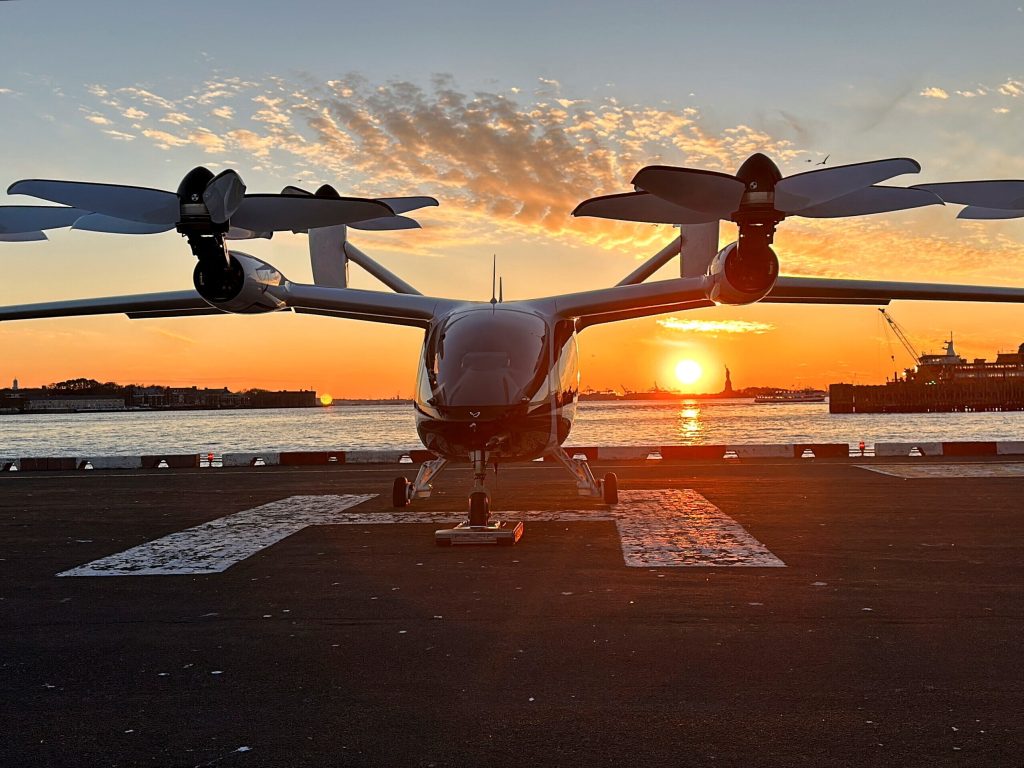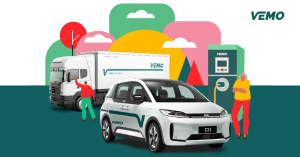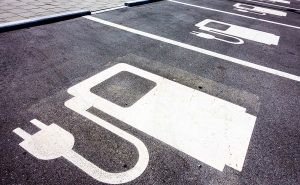
Mobility Technologies: Urban Innovation for More Sustainable Transport

A growing number of cities — led by San Francisco — are embracing mobility technologies like artificial intelligence, autonomous vehicles, and clean energy to modernize transport systems and meet sustainability goals.
Urban mobility leadership
The sixth edition of the Urban Mobility Readiness Index, developed by the Oliver Wyman Forum and the University of California, Berkeley, highlights that innovation and infrastructure investment are key drivers of progress. A new sub-index was introduced to evaluate how cities adopt emerging technologies like AI, air taxis, and autonomous vehicles.
Read more: In-wheel Motors: Key Innovation for Sustainable Mobility.
San Francisco ranked first overall due to its proximity to Silicon Valley and focus on cutting-edge transport solutions. Singapore and Helsinki also stand out for their commitment to sustainable mobility technologies.
AI driving better public transit
Singapore tops the public transport sub-index by deploying artificial intelligence tools that enhance the commuter experience. A new innovation center has created digital assistants that translate sign language and chatbots that support travelers with journey information.
Usage of public transport is rising. According to the Oliver Wyman Forum, 46% of respondents used buses or trains in November 2024, compared to 42% a year earlier. This trend highlights AI’s potential to improve accessibility and efficiency in modern cities.
Clean energy powering sustainable mobility
Helsinki invests in car-free zones, cycling infrastructure, and modern trains, but is also pioneering in green hydrogen. A local plant uses wind and solar energy to produce hydrogen and repurposes waste heat for the city’s district heating system.
Finland’s capital expects the hydrogen market to reach $250 billion by 2030, positioning itself as a hub of clean energy innovation tied to future-ready mobility technologies.
Autonomous vehicles and air taxis taking off
Forward-thinking cities are also transforming aerial mobility. San Francisco has approved robo-taxis and is planning a network of electric air taxis that would cut commute times drastically.
Shanghái and Beijing are making similar moves, issuing licenses for robo-taxi services and urban air travel. The market for advanced driver-assistance systems and air taxis is projected to hit $314 billion by 2035, presenting enormous potential for early adopters.
Mobility technologies as urban competitiveness drivers
By investing in mobility technologies, cities can deliver accessible, sustainable, and attractive transport solutions while becoming magnets for investment. Public-private collaboration will be essential to accelerate this transformation and ensure long-term urban competitiveness.





